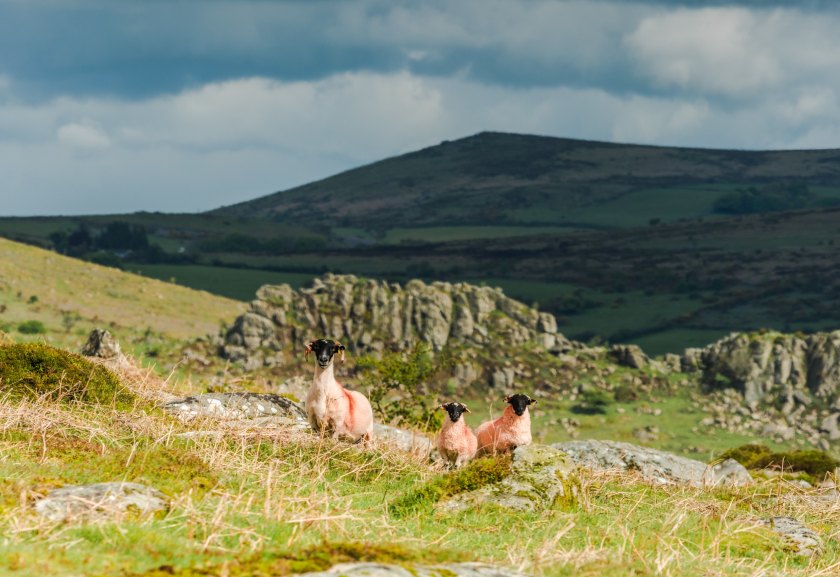Supreme Court upholds right to wild camp on Dartmoor

The Supreme Court has ruled in favour of the public’s right to wild camp on Dartmoor, dismissing a high-profile legal appeal that challenged long-standing access rights on the moor.
The appeal was brought by landowners Alexander and Diana Darwall, who argued that wild camping posed risks to their cattle and the environment on their 4,000-acre estate on Stall Moor, near Cornwood.
The couple claimed that the Dartmoor Commons Act 1985, which grants rights of access for "open-air recreation," did not explicitly permit overnight camping.
However, in a judgment handed down today (21 May), the court rejected that argument and upheld the interpretation that responsible wild camping falls within the scope of permitted activities under the Act.
The ruling ends a three-year legal battle that has reignited national debate about public access to land and the right to roam.
Dartmoor National Park, established in 1951, spans 368 square miles and includes "commons"—privately-owned, unenclosed moorland where local residents have the right to graze livestock.
The Darwalls said they were "disappointed" by the judgement: "Hollowing out the role of landowners and farmers will not improve the vitality of the Dartmoor Commons," they said.
However, campaigners and outdoor access groups have hailed it as a landmark moment for land rights and a victory for public access.
Richard Broadbent, an environmental lawyer at Freeths, welcomed the decision, calling for a further expansion of public access to the nation's landscapes.
“This case is a reminder of the ongoing need for greater access to the countryside, not just across Dartmoor, but across the whole country.
"Even now, 93 years after the Kinder Scout mass trespass which openly challenged the restrictions placed on public access to the countryside, there is a right to roam over only 8% of England.
“Dartmoor is so special in the national imagination precisely because people do have greater access rights on it."








